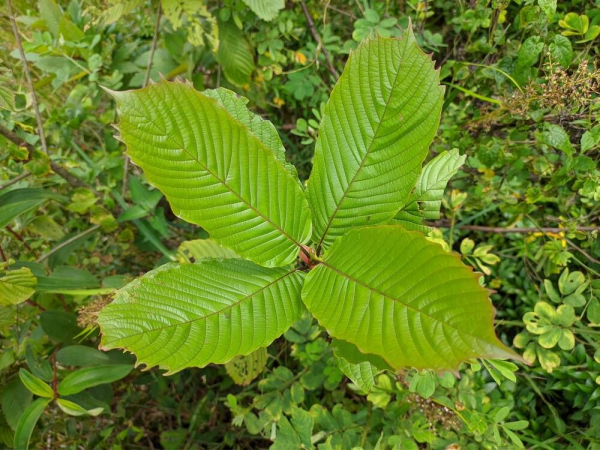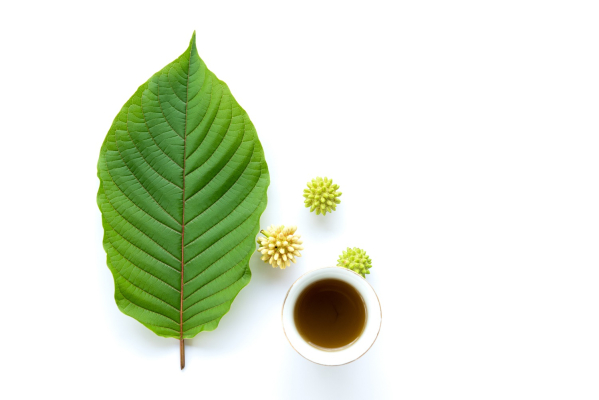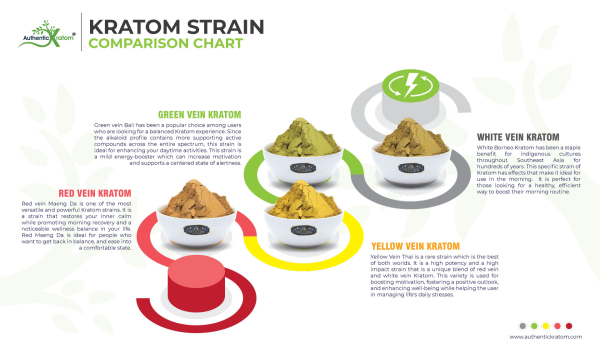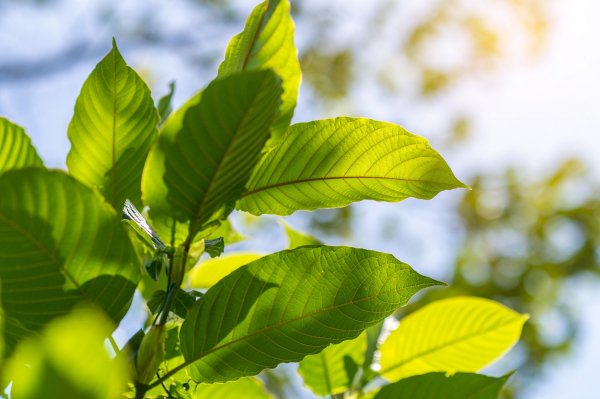Does Kratom Make You Feel Hungry?


TL;DR: This guide examines how kratom may influence appetite, with some users experiencing appetite suppression and others reporting increased hunger. Factors like strain type, dosage, metabolism, and psychological associations play a role in these effects.
Disclaimer: This article is for informational purposes only and does not promote or endorse kratom use. Kratom is not FDA-approved, and its legal status varies by location. Always consult a healthcare professional before purchasing or using kratom products.
Kratom, a tropical tree native to Southeast Asia, is well known for its unique alkaloid profile and diverse effects. While most discussions around kratom focus on its potential impact on energy, mood, or relaxation, another frequently asked question is: Does kratom affect appetite?
Some people report that kratom acts as an appetite suppressant, while others claim it increases their hunger. So, which is it? Let’s explore the relationship between kratom and appetite to understand what might be influencing these different experiences.
Key Takeaways
- Kratom may suppress appetite, at least according to some users.
- Certain strains and doses matter - white and green vein strains are more commonly associated with appetite suppression, while red kratom strains may have the opposite effect.
- Some users experience increased appetite – factors like blood sugar fluctuations and psychological associations with kratom use may contribute to hunger after consumption.
- Individual responses vary - kratom’s impact on appetite depends on personal metabolism, body chemistry, and tolerance levels.
Does Kratom Suppress Appetite?
One of the most common observations among kratom users is a decrease in appetite. Several factors could explain why, for some people, kratom acts as an appetite suppressant:
1. Kratom’s Alkaloid Composition
Kratom contains active compounds called alkaloids, primarily mitragynine and 7-hydroxymitragynine. These alkaloids interact with receptors in the brain, influencing various physiological responses, including appetite regulation.
Some researchers suggest that kratom’s stimulant-like effects at lower doses may contribute to appetite suppression, similar to how caffeine or other stimulants can temporarily reduce hunger.
2. Alleged Energy-Boosting Effects
Many users consume kratom for its supposed ability to increase focus and energy, particularly with white and green vein strains. Such a boost in productivity may lead to less focus on eating, similar to how some people skip meals when they’re busy or energized.
3. Mood and Stress Factors
Stress and anxiety can play a role in appetite changes. Because kratom is often reported to promote relaxation and a sense of well-being, it’s possible that its effects on mood could indirectly influence eating habits - either by reducing stress-related cravings or by making users more mindful of their hunger levels.
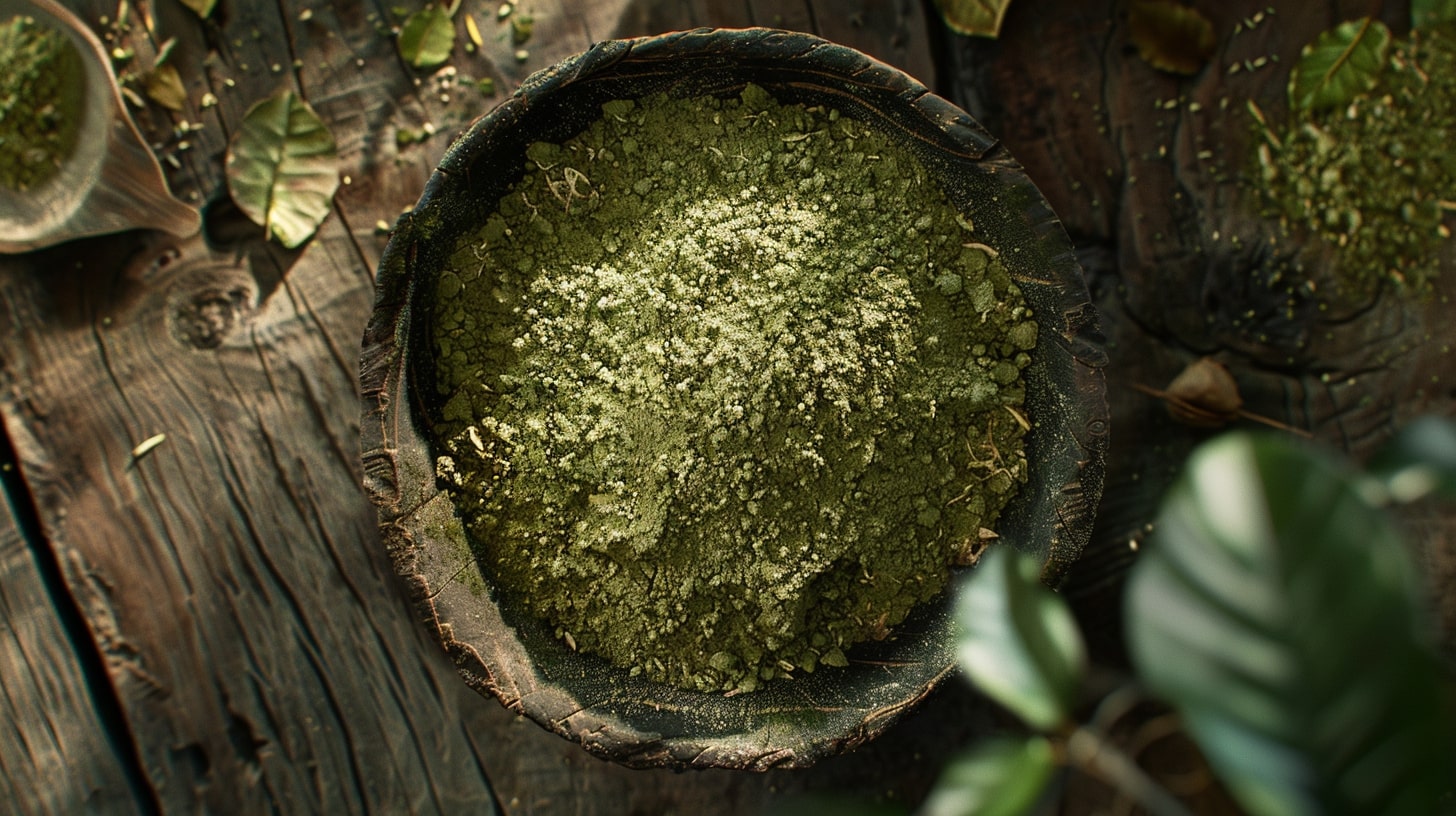

Does Kratom Make You Hungry?
On the other hand, some kratom users experience increased appetite. What are the reasons for this?
1. Blood Sugar Fluctuations
Some users report feeling intense hunger after taking kratom products, particularly on an empty stomach. While research on kratom’s impact on blood sugar is limited, this effect could be related to fluctuations in metabolism or digestion.
2. Psychological Associations
Some people may associate kratom use with specific routines - such as drinking tea or consuming kratom after meals. Over time, this association could lead to an increased hunger response when taking kratom.
Keep In Mind
Hydration is key! Sometimes, thirst is mistaken for hunger, so make sure you're drinking enough water.
Kratom and Appetite: What Factors Matter?
The way kratom affects appetite can depend on multiple factors, including:
- Strain Type – Green and white kratom strains are more likely to suppress appetite, while red strains may promote hunger.
- Dosage – Lower doses tend to be more stimulating, while higher doses may possibly have sedative effects that could influence appetite differently.
- Individual Differences – Metabolism, body weight, and tolerance levels all play a role in how kratom interacts with hunger cues.
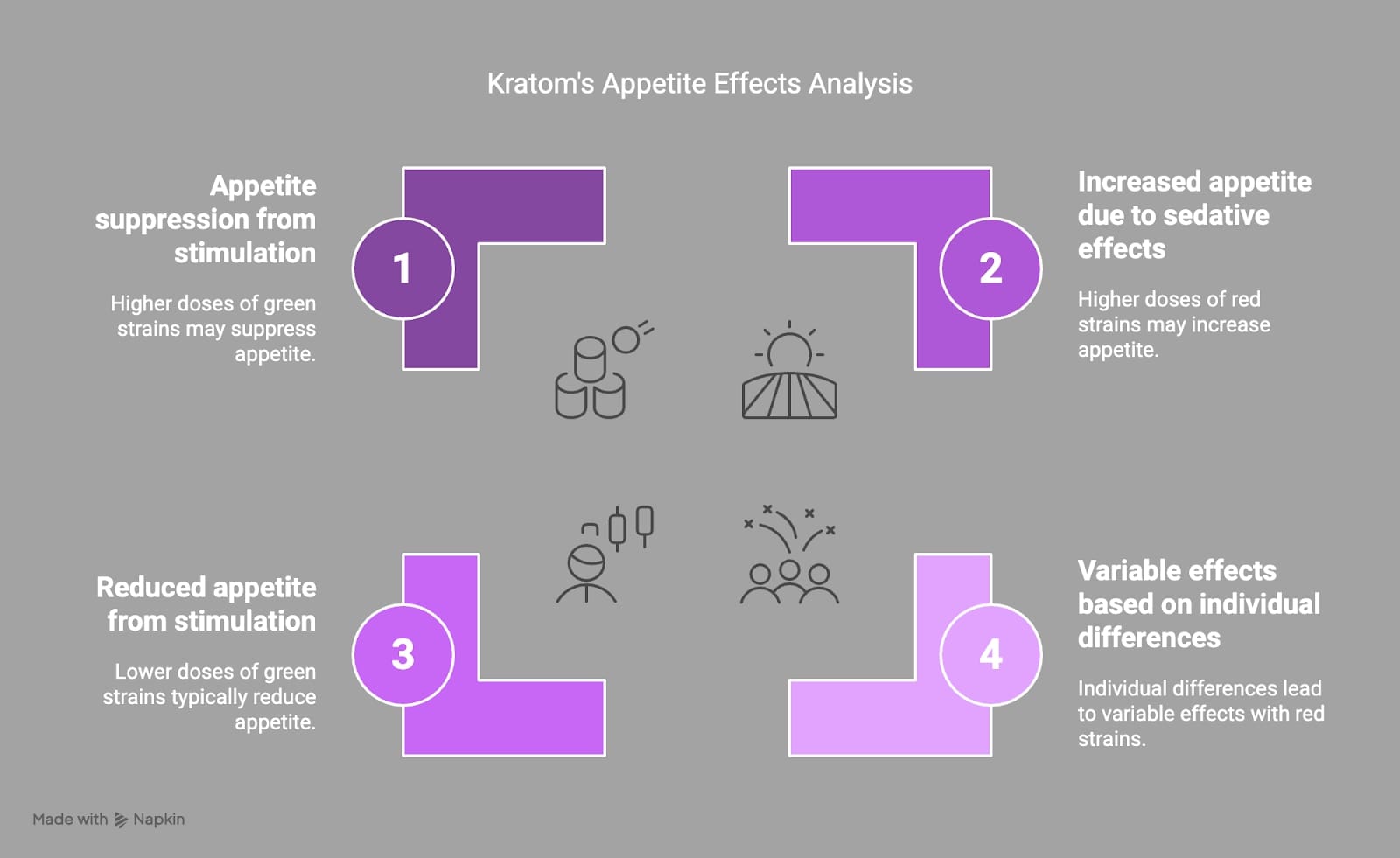

Kratom and Appetite - Final Thoughts
Kratom’s effects on appetite are not one-size-fits-all. While some people find that kratom acts as an appetite suppressant, others experience an increase in hunger depending on the strain, dosage, and individual body chemistry.
Ultimately, listening to your body and learning about different strains can help you find the right balance. And as always, if you have concerns about appetite changes, it's best to consult with a healthcare professional.
Disclaimer: This article is for informational purposes only and does not provide medical advice.
Sources:
Buy once from Authentic Kratom® and you will be a customer for life!
It all started in 2013. On a mission to push boundaries, ease ailments, and hit the brakes on mediocre kratom brands, we wanted to be the change we wanted to see in the kratom industry. Nestled in San Fernando Valley, we are a pure kratom distributor tasked with putting mouth-watering blends at your fingertips, bridging the gap between Indonesia’s most sought-after kratom and the rest of the globe.




